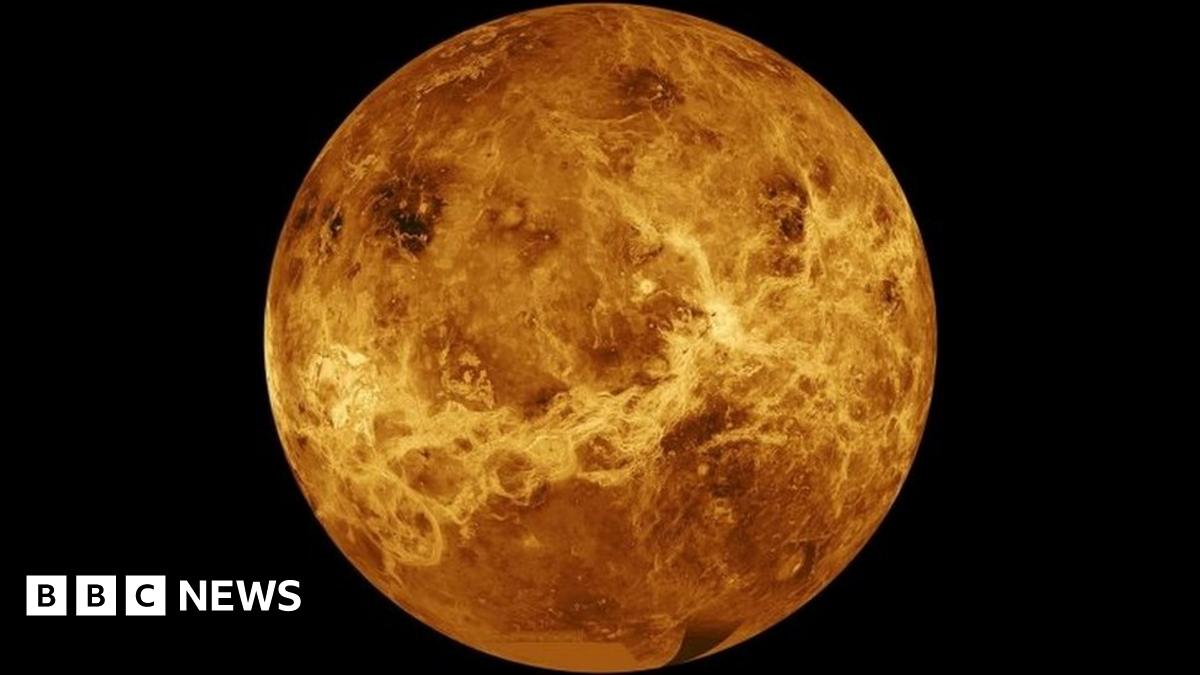It's about time: NASA is to return to Venus, with not just one but with two missions:

 www.bbc.co.uk
www.bbc.co.uk
However, it would be nice to try and get a lander there as well. As Earth's "twin", Venus has always seemed much more interesting - and relevant - to better understanding our Earth than the cold dusty rock that is Mars.

Venus: Nasa announces two new missions
The two missions will examine the planet's atmosphere and geological features.
However, it would be nice to try and get a lander there as well. As Earth's "twin", Venus has always seemed much more interesting - and relevant - to better understanding our Earth than the cold dusty rock that is Mars.


